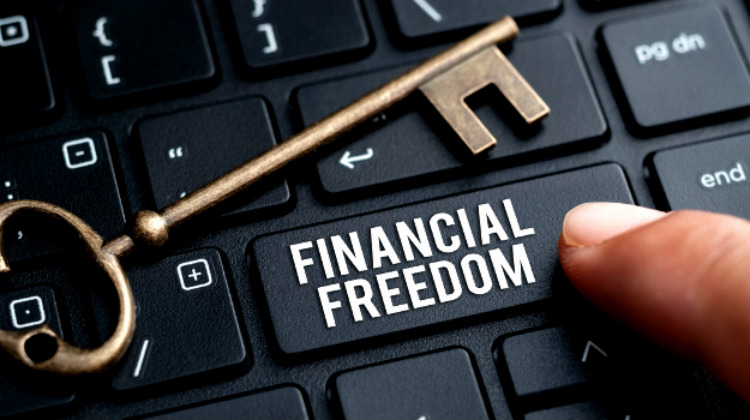Anyone who is deep in debt has asked, “How does debt consolidation work?”
In fact, even consumers who still have quite manageable finances wonder what debt consolidation is and whether it can help them.
At its core, debt consolidation is a helpful process for getting your payments back on track, regardless of who you are.
Read on to discover exactly how it works.
How Does Debt Consolidation Work? | The Basics
What is Debt Consolidation?

Debt consolidation is simply the merging of multiple debts into a single debt.
Those who ask how does debt consolidation work often need aid in handling several loans.
This service is usually carried out by banks.
Ideally, a debt consolidation has a lower interest rate and lower monthly payment.
When you have multiple loans, they can be difficult to keep track of.
Additionally, multiple loans with multiple creditors can lead to many different kinds of problems.
For instance, having to answer to creditors with different attitudes and policies can be stressful.
This is why it’s good to ask how does debt consolidation work?
However, you must remember that debt consolidation does not reduce your debt.
The process simply merges all of them into one debt for easy repayment.
While the method of repayment becomes easier, you are still repaying the same amount.
You should not go into consolidation without understanding your options and their consequences first.
There is more than one way to consolidate your debts.
You have to choose the route that makes the most sense for your financial situation.
Below are some of the different methods.
Secured Debt Consolidation
There are two ways for consumers to consolidate their debts: secured or unsecured.
Secured debt consolidation means putting one of your assets on the line.
You use your home, for instance, as collateral to acquire a substantial loan from a bank.
You use the money from this loan to repay your other loans.
Then, you are given an interest rate and a repayment period to repay your loan from the bank.
The risk here is that if you fail to repay your loan, you may lose your property.
On the bright side, not all lenders require a property as valuable as your home to serve as your collateral.
It is all up to your negotiation with your lender.
Some may require a different asset that is worth more than your loan.
Sometimes, they’re fine with an asset with lesser value.
Unsecured Debt Consolidation

Unsecured debt consolidation, on the other hand, is much easier.
It involves the same process of secured debt consolidation, except there is no collateral involved.
This type of debt consolidation is usually harder to get since you’re going by trust.
It ultimately rests on just a contract.
In these cases, lenders believe that you will be able to repay the loan and thus do not require the “security” of a collateral.
Watch this video from CNN for more information on debt consolidation:
Consolidating your debts is a great step toward rebuilding your finances.
It is important carefully decide which method of debt consolidation is right for you.
More importantly, you must do your research on the best banks to go to for your debt consolidation.
It can be difficult, but a debt-free life is worth all the effort and work it takes.
Do you have advice for debt consolidation? Let us know in the comments section below.
Up Next: How to Start Getting out of Debt

